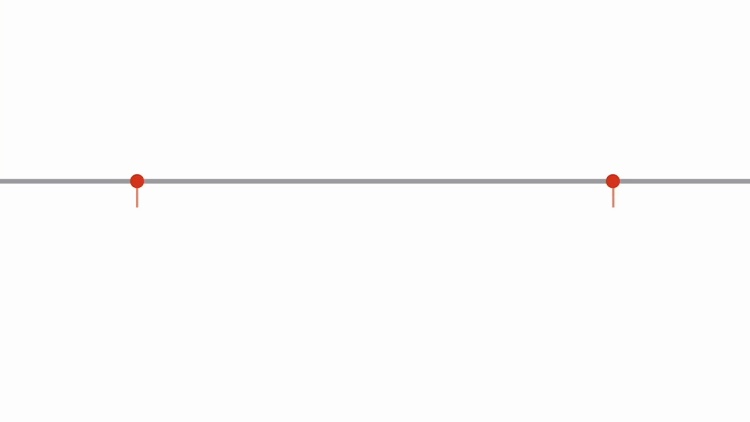H. K. Porter Co. v. National Labor Relations Board
United States Supreme Court
397 U.S. 99 (1970)
- Written by Rose VanHofwegen, JD
Facts
In 1961, workers at an H. K. Porter Co. (defendant) plant elected the United Steelworkers Union as their bargaining agent. Negotiations over a collective-bargaining agreement began but stalled over a “checkoff” provision requiring the company to deduct union dues from employees’ paychecks. The company insisted it would not help the union in any way, even though it had checkoff arrangements at other plants. The union filed unfair-labor-practice charges, claiming the company failed to bargain in good faith over the checkoff provision solely to frustrate reaching a collective-bargaining agreement. Multiple proceedings and further negotiations over the next eight years ensued without progress. Ultimately, the National Labor Relations Board (NLRB) ordered the company to accept the checkoff provision, and the company appealed. The appellate court affirmed, reasoning that the power to remedy bad-faith bargaining under the National Labor Relations Act (NLRA) allows the NLRB to compel the parties to agree. The Supreme Court granted review of the issue of whether the NLRB may compel an employer to check off union dues.
Rule of Law
Issue
Holding and Reasoning (Black, J.)
Dissent (Douglas, J.)
What to do next…
Here's why 910,000 law students have relied on our case briefs:
- Written by law professors and practitioners, not other law students. 47,100 briefs, keyed to 997 casebooks. Top-notch customer support.
- The right amount of information, includes the facts, issues, rule of law, holding and reasoning, and any concurrences and dissents.
- Access in your classes, works on your mobile and tablet. Massive library of related video lessons and high quality multiple-choice questions.
- Easy to use, uniform format for every case brief. Written in plain English, not in legalese. Our briefs summarize and simplify; they don’t just repeat the court’s language.





